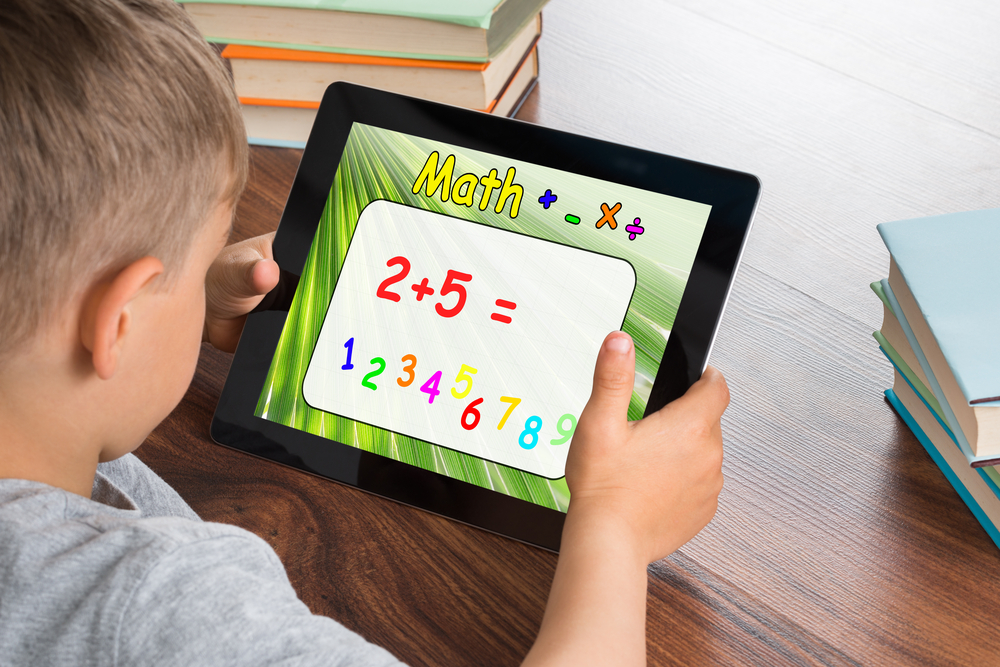Individual Development and Cultural Identity worksheets for Kindergarten - Page 3
61 filtered results
-
From - To
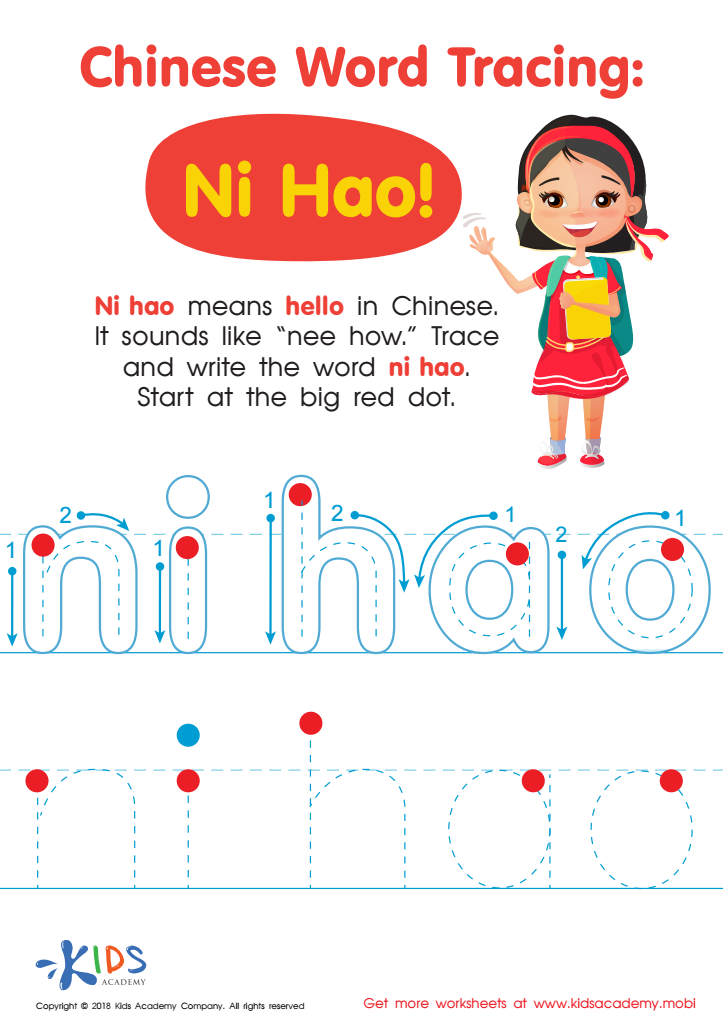

Chinese Word Tracing: Ni Hao Worksheet


Playground Worksheet
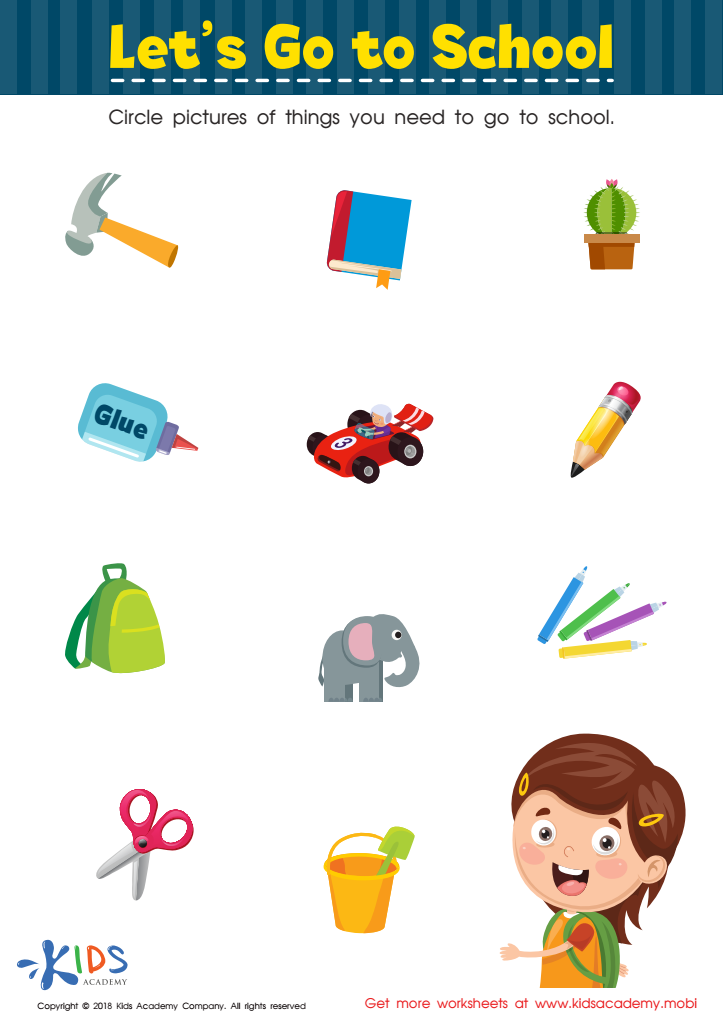

Let's Go to School! Worksheet
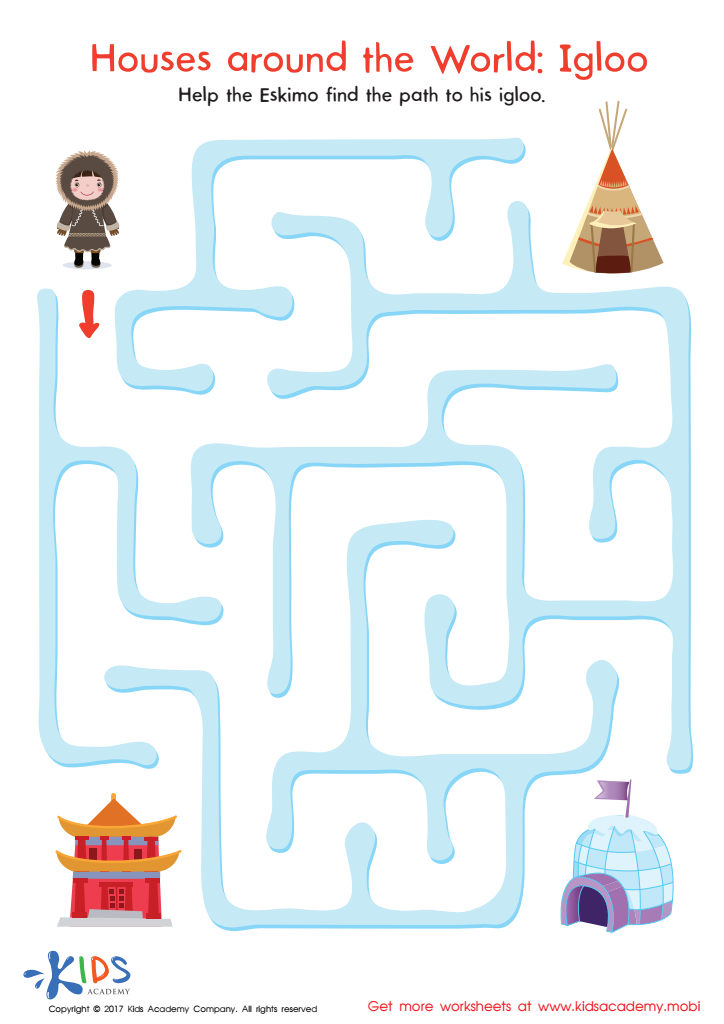

Houses Around the World: Igloo Printable
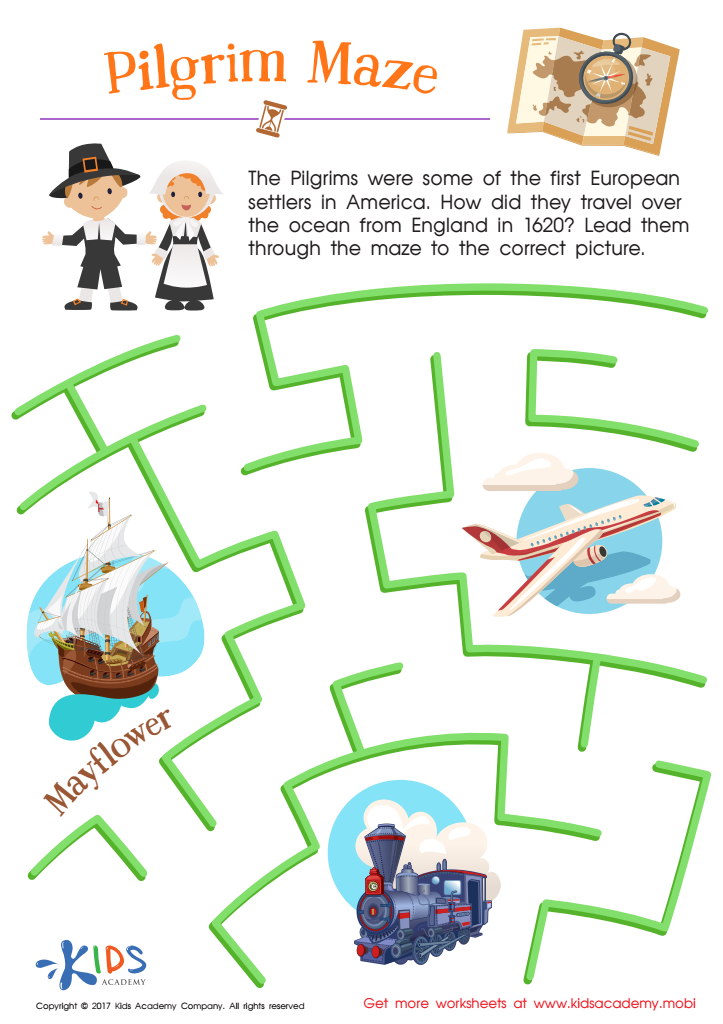

Pilgrim Maze Worksheet
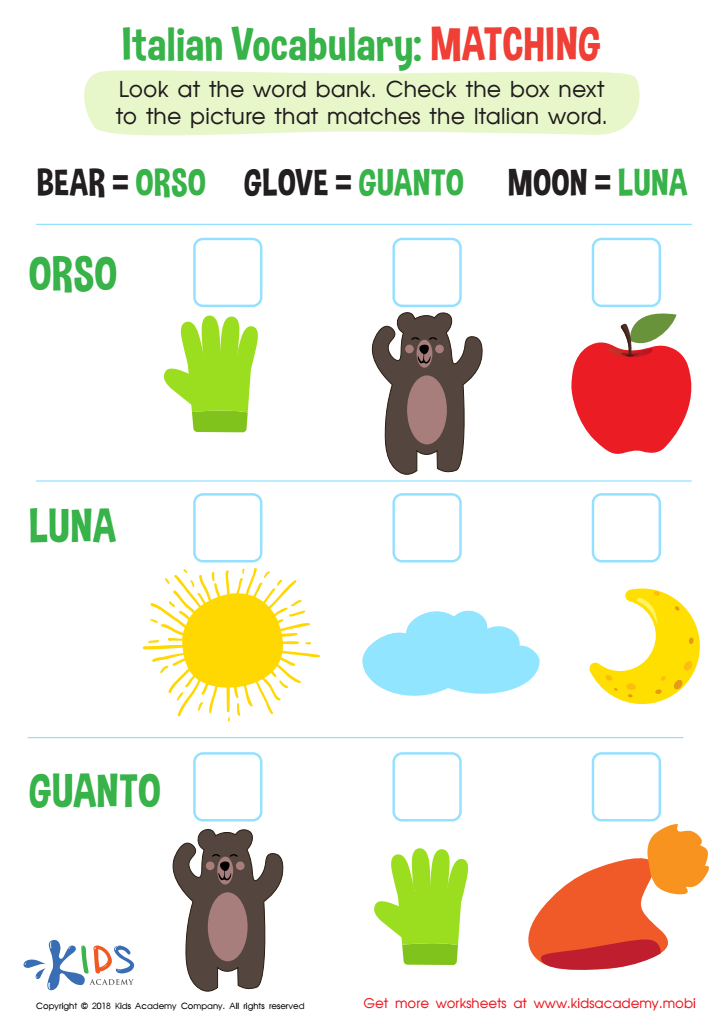

Italian Vocabulary Matching Worksheet
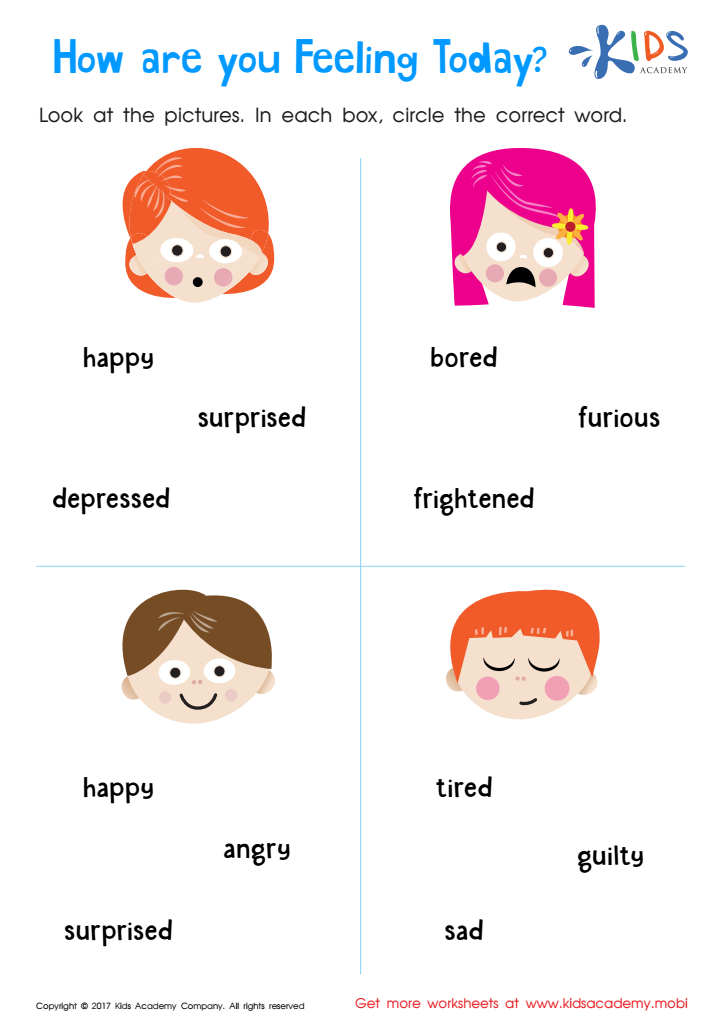

Understanding Feelings Worksheet
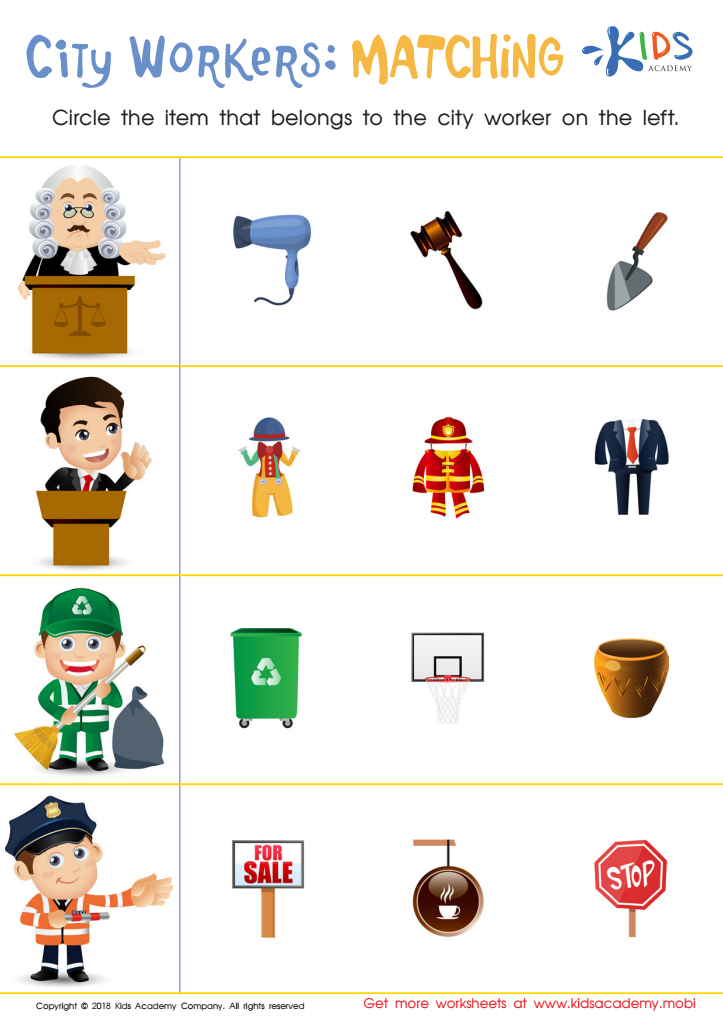

City Workers: Matching Worksheet
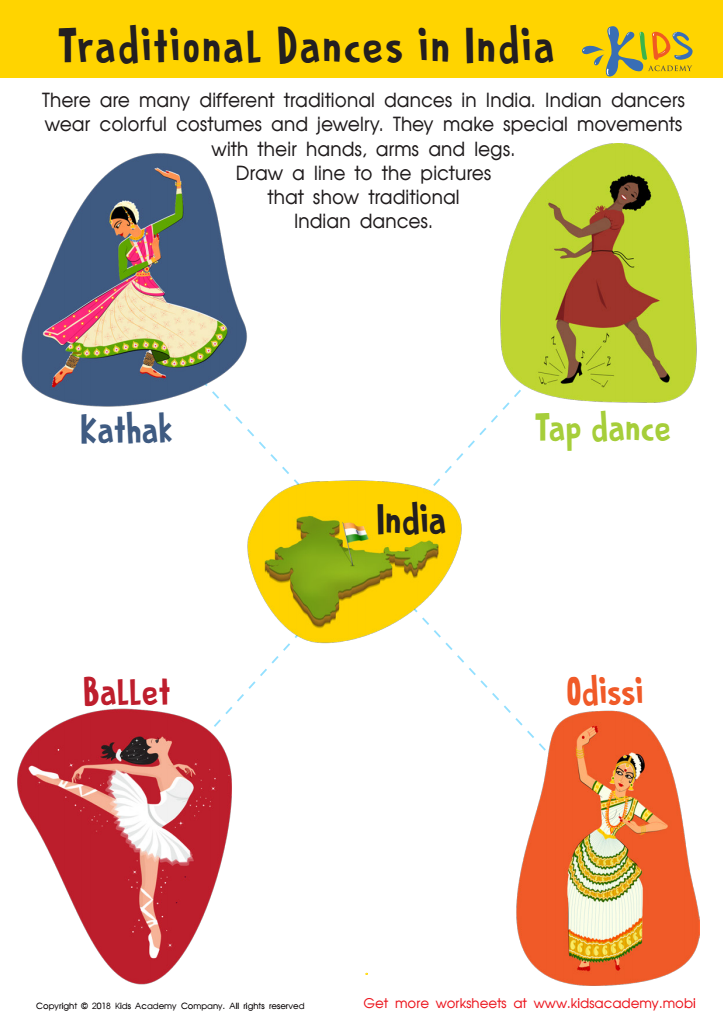

Traditional Dances in India Worksheet
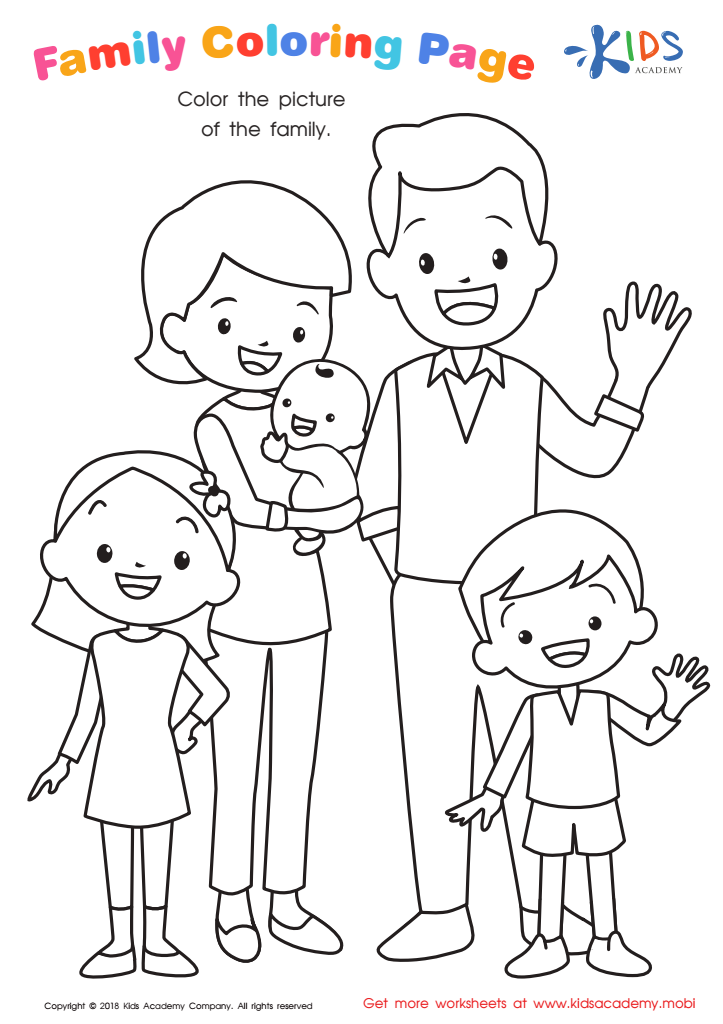

Family Coloring Page
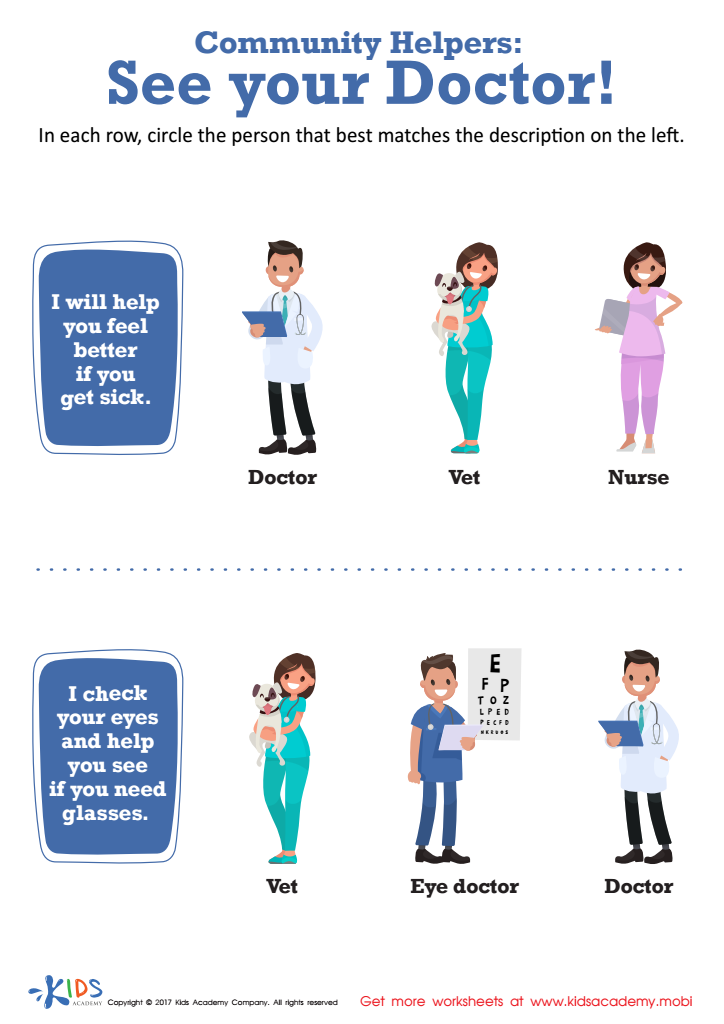

See Your Doctor (Part 1) Printable
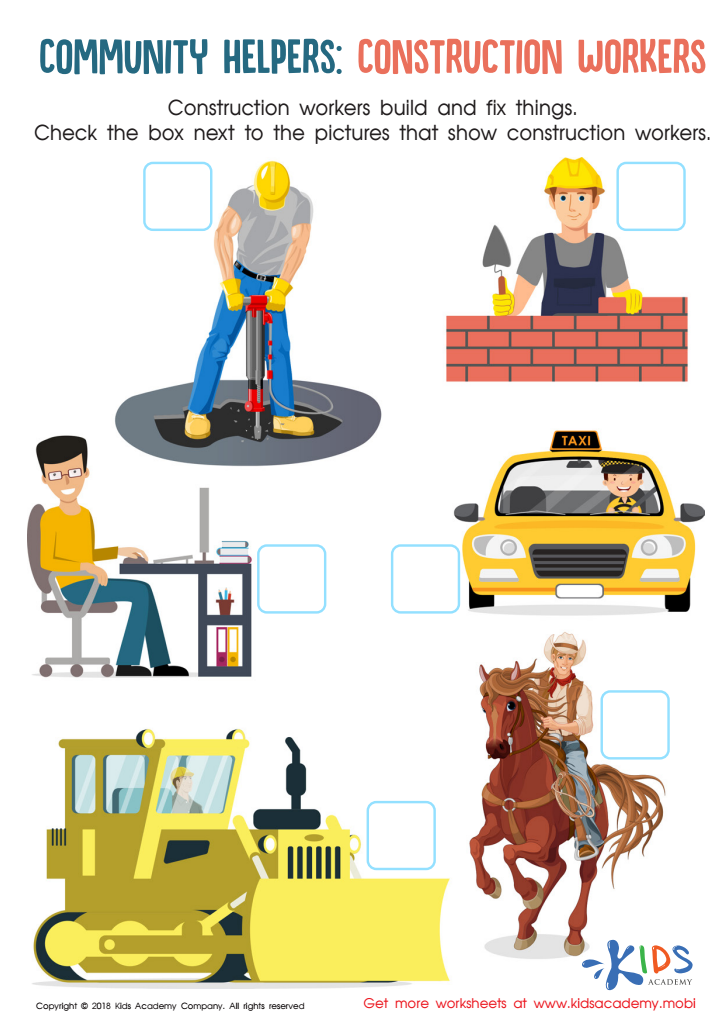

Construction Workers Community Helpers Worksheet
Parents and teachers should care about Individual Development and Cultural Identity in kindergarten because these factors are crucial for a child’s holistic growth. The early years of education lay the foundation for emotional, social, and cognitive development. Acknowledging individual development allows educators and parents to cater to each child's unique needs, ensuring that they feel recognized, valued, and understood. This personalized approach promotes self-esteem, resilience, and a love for learning.
Cultural identity plays a significant role in shaping who children are. When teachers and parents embrace and celebrate diverse cultural backgrounds, children develop a sense of belonging and connection to their heritage. This understanding fosters respect for differences, enhances communication skills, and encourages positive social interactions with peers. By integrating children’s cultural identities into classroom activities, teachers promote inclusivity and help students appreciate diversity, crucial skills for navigating an increasingly globalized society.
Overall, supporting individual development and cultural identity in kindergarten not only empowers children to thrive academically but also nurtures their emotional well-being and social skills, ultimately contributing to a harmonious classroom environment and a society that values every individual's uniqueness.

 Assign to My Students
Assign to My Students












